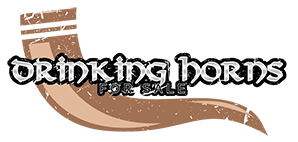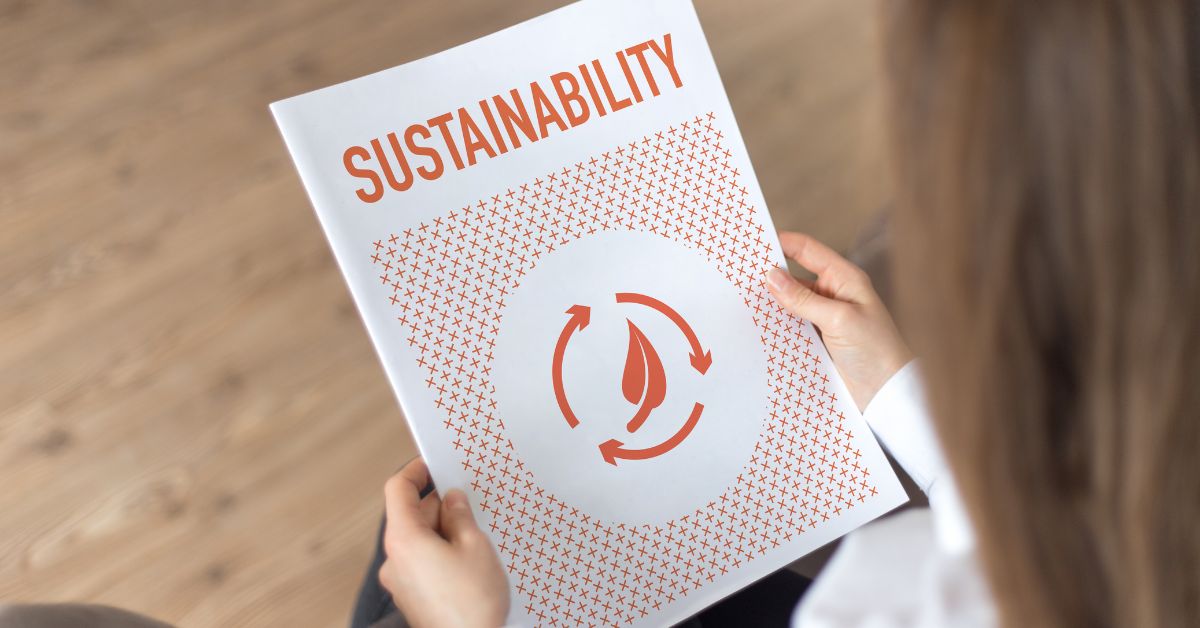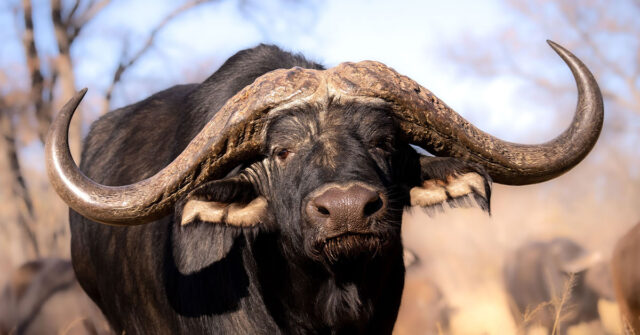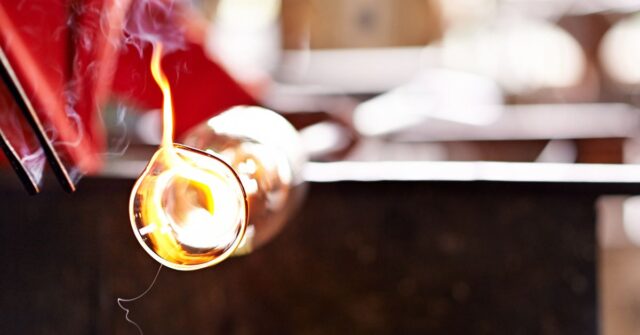The resurgence of traditional crafts brings both a wave of nostalgia and a pressing need for sustainable methods.
Among these, the production of drinking horns, a cherished artifact from medieval times, demands attention not only for its cultural significance but also for its environmental impact.
This post explores how community initiatives can revolutionize this ancient craft to meet today’s sustainability standards.
Introduction to Sustainable Drinking Horn Production
Drinking horns, traditionally made from the horns of cattle or other livestock, have been used since ancient times.
Today, they are often seen at historical reenactments and part of traditional ceremonies.
Emphasizing sustainability in their production is crucial to minimizing environmental impact while preserving this cultural heritage.
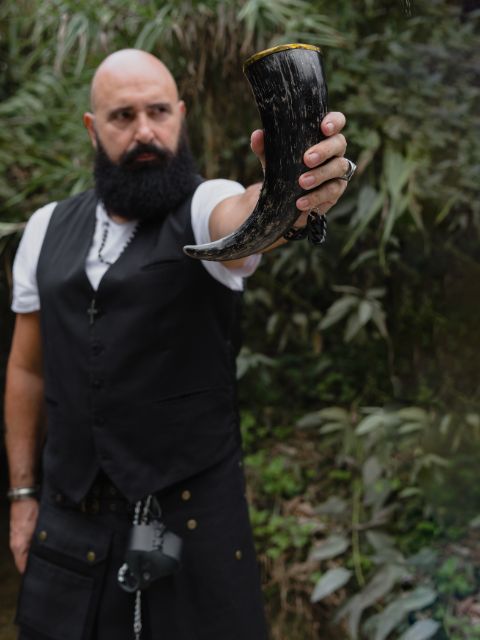
What Are Drinking Horns?
Drinking horns are vessels made from animal horns. Historically, these were polished and sometimes fitted with metal tips or decorative mounts.
Their use spans many cultures and centuries, prominently featuring in ceremonies and daily life in medieval societies.
The Importance of Sustainability in Horn Production
In modern production, sustainability involves ethical sourcing of materials, environmentally friendly processing techniques, and ensuring that all aspects of production benefit local communities socially and economically.
Historical Context and Modern Revival
The fascination with medieval culture has spurred a renewed interest in drinking horns, making their production relevant yet again.
This revival is an opportunity to blend tradition with innovation, implementing sustainable practices from the outset.
Traditional Uses of Drinking Horns
Drinking horns were not just for beverages; they served as symbols of status and were prized possessions.
Their presence at feasts and important gatherings underscored their significance in various ceremonies and rites.
Modern-Day Popularity and Cultural Significance
Today, drinking horns are popular items at Renaissance fairs and medieval festivals around the world.
They are also used in weddings and other celebrations, often engraved or adorned to commemorate special occasions.
Key Challenges in Sustainable Horn Production
Transitioning to sustainable horn production involves tackling several key challenges, from ethical sourcing to adherence to environmental regulations.
Environmental Impact of Horn Sourcing
Sourcing horns in a way that does not harm the environment requires partnerships with local farms that adhere to humane practices and have surplus or byproduct horns from livestock that are raised for other primary purposes.
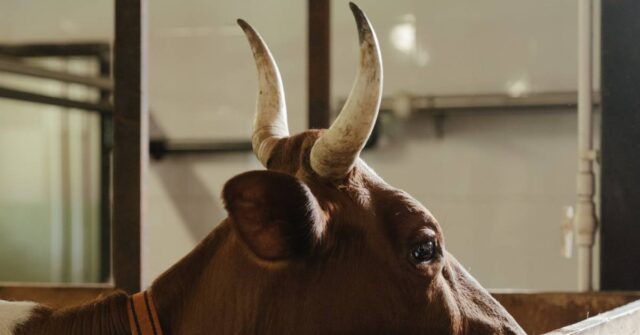
Ensuring Animal Welfare
It is critical that animals are not harmed for the sake of horn production.
Ethical sourcing ensures that the horns are only obtained as byproducts of animals that are already being raised for other agricultural purposes.
Regulations and Ethical Considerations
Local and international regulations concerning animal products must be strictly followed. This includes obtaining the necessary permits and ensuring all activities are transparent and humane.
Community-Led Initiatives
Several communities around the globe have pioneered the sustainable production of drinking horns. The examples below illustrate the potential for broad application of these practices.
Community Farming for Horn Collection
In some regions, community farms collaborate to provide ethically sourced horns.
These farms operate under strict guidelines to ensure their practices contribute positively to the environment and their local economies.
Collaborative Workshops and Artisanal Crafts
Artisan workshops that specialize in horn crafts often conduct training sessions to teach new artisans about sustainable practices, thereby ensuring that skills and knowledge are passed down through generations.
Success Stories from Various Regions
From Scandinavia to East Africa, communities have successfully integrated sustainable practices into their horn production, each adapting unique methods suitable for their local environment and economic conditions.
Sustainable Practices in Horn Processing
The actual processing of horns into usable products can also be done in ways that minimize environmental impact.
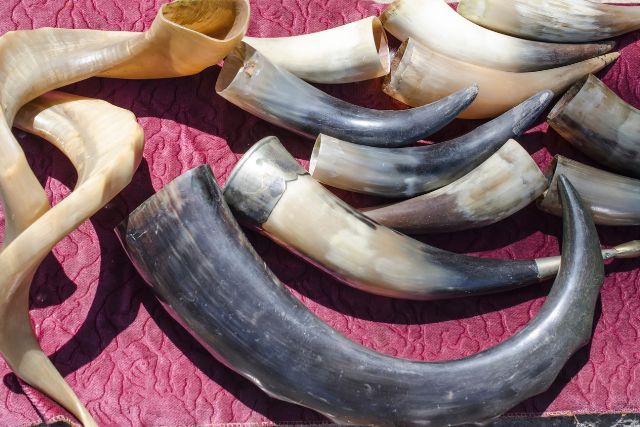
Chemical-Free Cleaning and Shaping Techniques
Innovations in cleaning and shaping horns without harsh chemicals are crucial. Employing mechanical methods and natural cleaners can reduce pollution and health risks associated with horn crafting.
Recycling and Reusing Horn Material
Scrap pieces of horn from the crafting process can be ground down and used in other products such as buttons or inlays, ensuring minimal waste in the production process.
Role of Technology and Innovation
Advancements in technology offer new avenues for making horn production more sustainable and efficient.
Improvements in Sustainable Production Methods
New techniques in material science and engineering have led to more sustainable forms of horn treatment and decoration that reduce environmental footprints and improve the durability and quality of the final products.
Emerging Technologies in Crafting and Manufacturing
3D printing and automated machining are now being explored for their potential to replicate intricate designs traditionally done by hand, offering scalability and precision without compromising quality.
How Communities Can Get Involved
Community involvement is key to the sustainable production of drinking horns. There are many ways individuals and groups can contribute to this growing movement.
Starting Your Local Initiative
Communities can start by organizing workshops and partnering with local artisans to spread knowledge about sustainable practices.
Local initiatives can also seek funding through grants and local government programs dedicated to cultural preservation and sustainability.
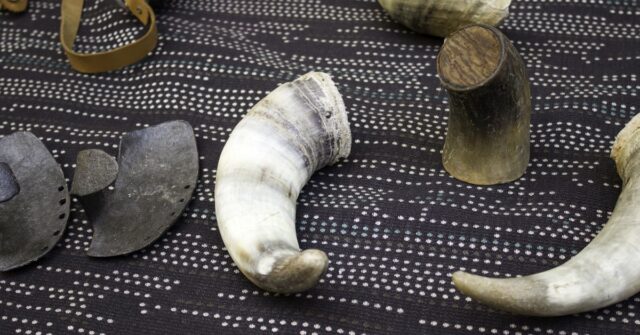
Education and Training Opportunities
Educational programs that focus on sustainable crafting techniques can be implemented in schools and community centers.
These programs not only teach valuable skills but also raise awareness about the importance of sustainability in traditional crafts.
Partnerships and Collaborations
Collaborating with environmental organizations, educational institutions, and other communities can amplify the impact of sustainability efforts and provide a broader platform for the exchange of ideas and innovations.
Economic Impact and Sustainability
The sustainable production of drinking horns not only preserves an ancient art form but also stimulates local economies through job creation and tourism.
Boosting Local Economies Through Sustainable Practices
By focusing on sustainable and ethical production, communities can attract tourists and enthusiasts interested in authentic, responsibly made crafts, thereby boosting local business and preserving cultural heritage.
Financial Support and Funding for Sustainable Projects
Securing financial support for sustainability initiatives can be achieved through crowdfunding, grants, and partnerships with conservation-focused organizations, which can provide both funding and expertise.
Future Prospects and Scaling Up
The future of drinking horn production looks bright, with many opportunities for scaling up these sustainable practices to other regions and crafts.
Expanding Reach Through Community Engagement
By engaging more communities and sharing successful models of sustainability, the scope of these practices can expand, leading to a larger global impact.
Challenges and Opportunities Ahead
While there are challenges, such as maintaining quality and managing resources, the opportunities for innovation and community building present exciting prospects for the future of sustainable drinking horn production.
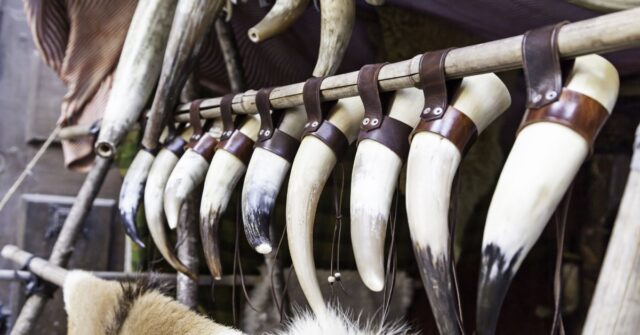
Conclusion
This exploration into sustainable drinking horn production highlights the importance of community, innovation, and respect for tradition and nature.
As we look towards a more sustainable future, the role of communities in preserving and adapting ancient crafts continues to be pivotal.
Summary of Impact and Key Takeaways
Community-driven initiatives for sustainable drinking horn production demonstrate how traditional crafts can adapt to modern environmental standards, providing both cultural enrichment and economic benefits.
Call to Action for Further Community Involvement
We encourage everyone to explore how they can contribute to these sustainability efforts.
Whether through education, starting a local initiative, or simply choosing to support sustainable products, every action counts towards preserving our heritage in a responsible manner.
